Hunza Valley: A Haven for Nature Enthusiasts, History Buffs Alike
Sultan Shoaib
Gilgit: Nestled within the stunning Karakoram mountain range, the Hunza Valley has drawn the admiration of nature enthusiasts, travelers, and traders for centuries, offering captivating vistas, pristine surroundings, and diverse ecosystems.
Positioned alongside the Hunza River and bordered by Ishkoman to the northwest, Shigar to the southeast, Afghanistan’s Wakhan Corridor to the north, and China’s Xinjiang region to the northeast, the valley floor sits at an elevation of 2,438 meters (7,999 feet) above sea level.
This remarkable valley in Gilgit-Baltistan boasts a rich historical tapestry dating back to the days of the Silk Road, serving as a crossroads of cultures influenced by ancient civilizations such as the Greeks, Persians, and Chinese for more than two millennia.
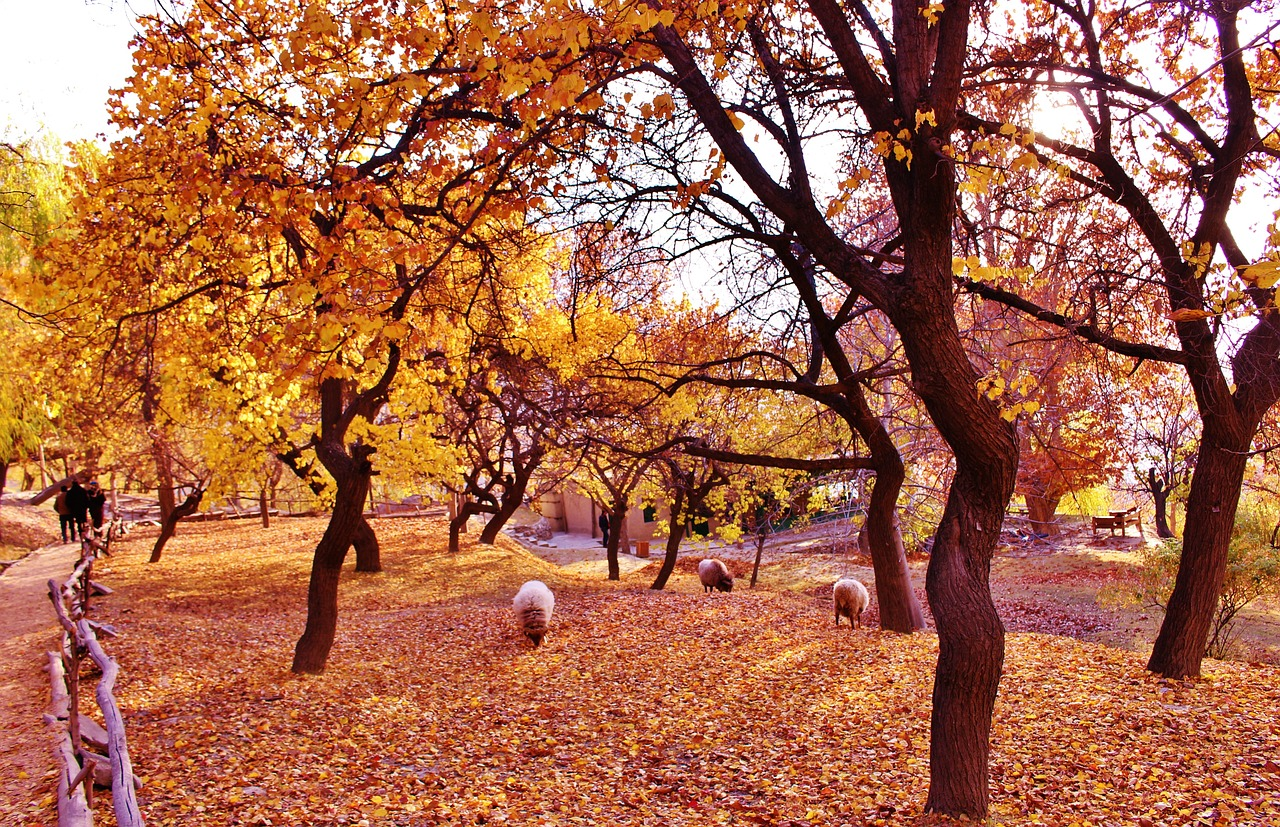
One of its most captivating sights is witnessing the landscape from a higher vantage point, such as the windows of a building or a helicopter, which evokes the image of a peaceful sleeping beauty.
Formerly a princely state until 1974, Hunza is adorned with numerous ancient forts, palaces, and mosques that stand as enduring symbols of its illustrious heritage. Travelers have the opportunity to delve into these historical landmarks and gain insight into the valley’s distinctive customs and traditions.
Husan Ali, a lifelong resident of the area, described Hunza Valley as “paradise on earth,” emphasizing its enduring allure. “I’ve spent my whole life here and I’m still awestruck by its beauty,” he expressed. “The lakes, mountains, and scenery are simply breathtaking. I feel incredibly fortunate to have grown up in this magnificent valley.”
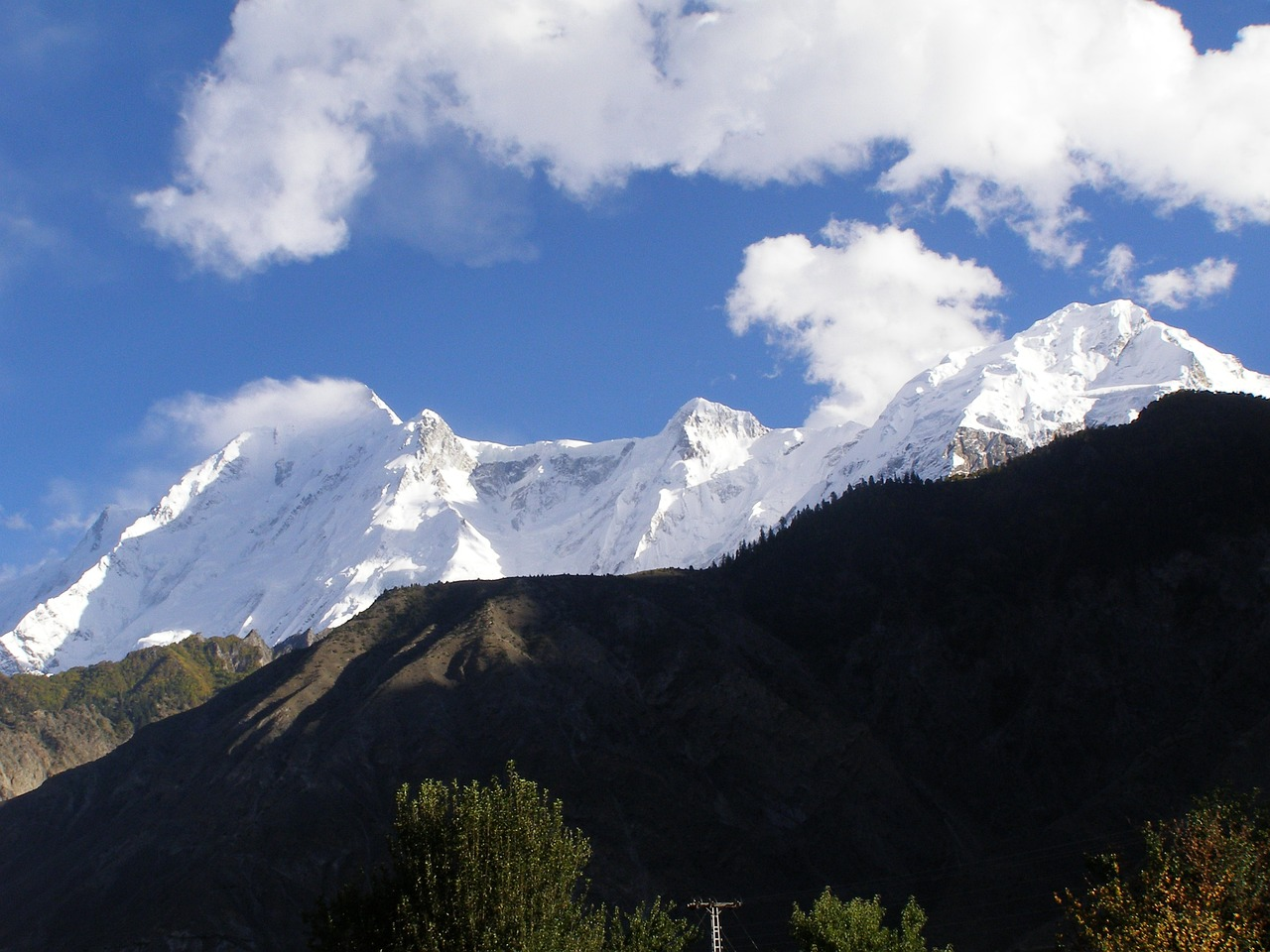
Proud of his homeland’s remarkable natural beauty and vibrant culture, Husan remarked, “The scenery here is so mesmerizing that it leaves you speechless. Whether you’re a nature enthusiast, a tourist, or simply someone who appreciates beauty, Hunza Valley will stir your emotions and leave you spellbound.”
Blessed with majestic mountains, pristine rivers, and verdant fields, Hunza Valley is a haven for diverse wildlife and pristine landscapes.
Among its treasures are renowned lakes like Attabad and Borith Lakes, which offer tranquil settings with crystal-clear waters mirroring the surrounding peaks. Visitors can partake in various activities such as boating, fishing, or simply relishing the enchanting vistas.
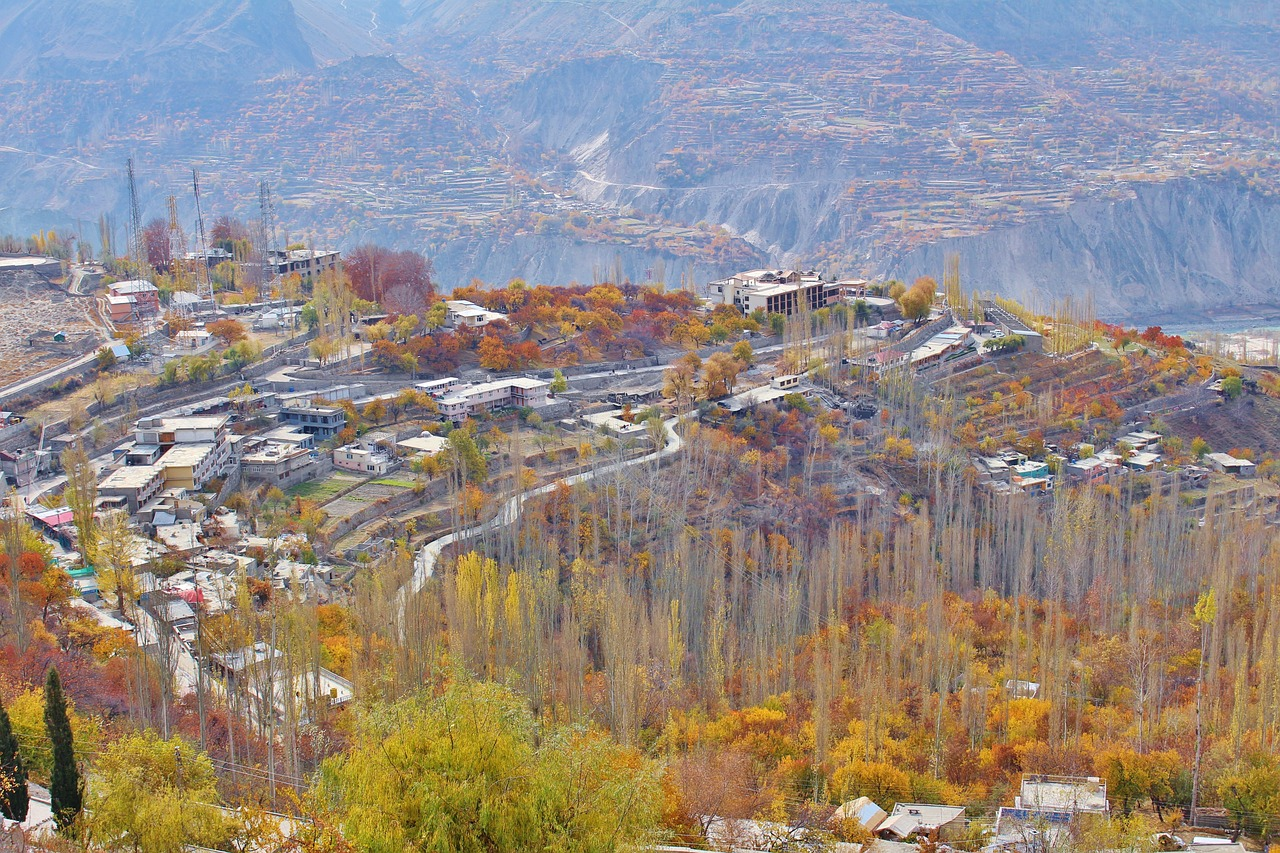
Attabad Lake, in particular, holds great allure for tourists. Formed in January 2010 following a landslide in Attabad village, this 21-kilometer-long lake provides opportunities for boating, jet-skiing, fishing, and other recreational pursuits. Its azure waters freeze over in winter and take on a striking teal hue in summer.
Renowned for their distinct culture and traditions, the inhabitants of Hunza have resided in the region for centuries, maintaining their language and customs largely unchanged over time.
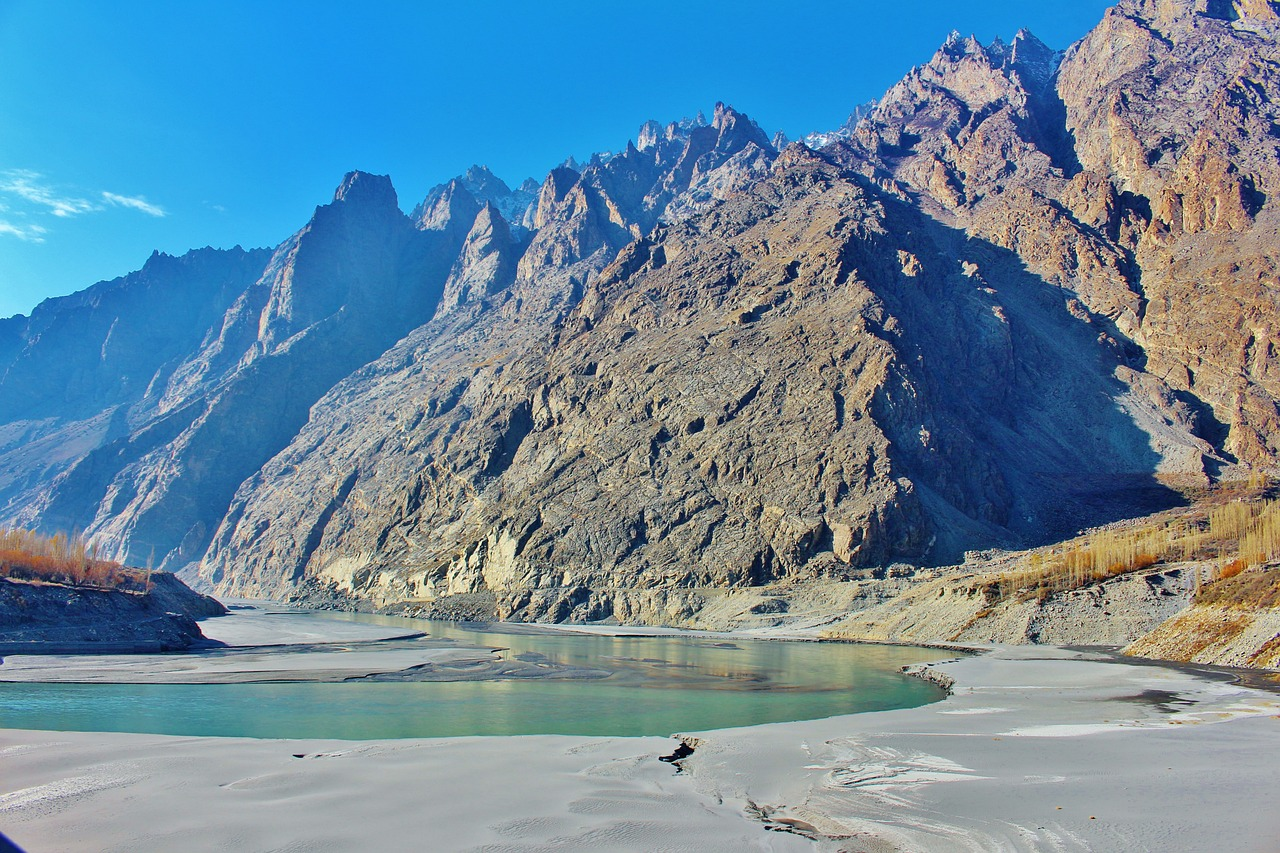
One of the most captivating aspects of their culture is their remarkable longevity, with many individuals reaching their 90s and even 100s, attributed to their lifestyle and diet.
Hunza Valley is a destination that caters to a diverse array of interests, from its rich historical and cultural heritage to its breathtaking natural beauty and opportunities for adventure tourism.
Whether you’re a nature enthusiast, a photographer, a trekker, a mountaineer, or simply seeking a tranquil retreat, this valley offers something for everyone. You can embark on hikes to nearby peaks, immerse yourself in local markets, or simply savor the awe-inspiring vistas.
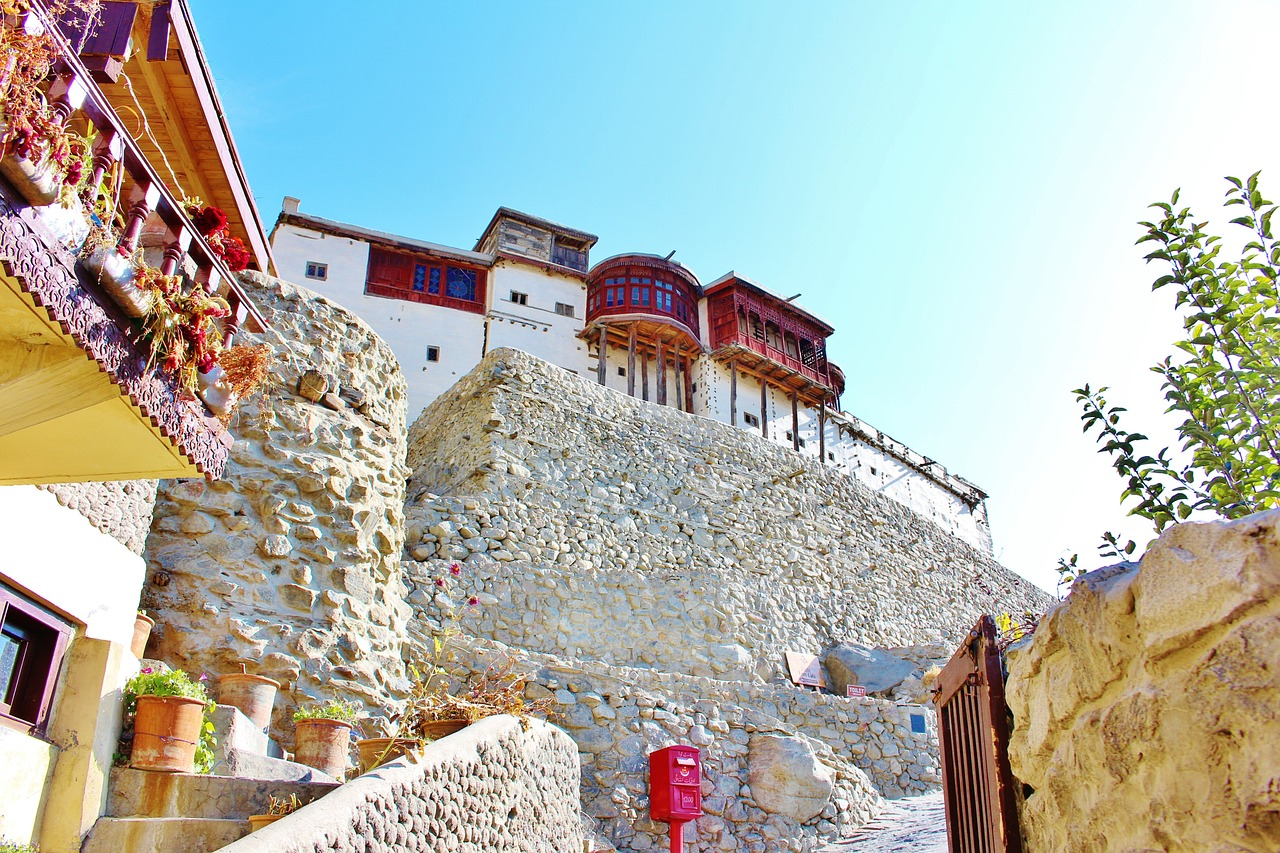
Even for those with a passion for history, research, painting, writing, or those who simply appreciate beauty, Hunza Valley is a must-visit destination, promising enthralling views, stunning landscapes, and warm hospitality.
It’s imperative for both the federal and Gilgit-Baltistan governments to actively promote tourism in this region, as its beauty and tourism potential remain unparalleled on a global scale.
The feature was released by APP feature service desk on May 11, 2024.
Photo Credit: Pixabay from Hunza Valley

Comments are closed.